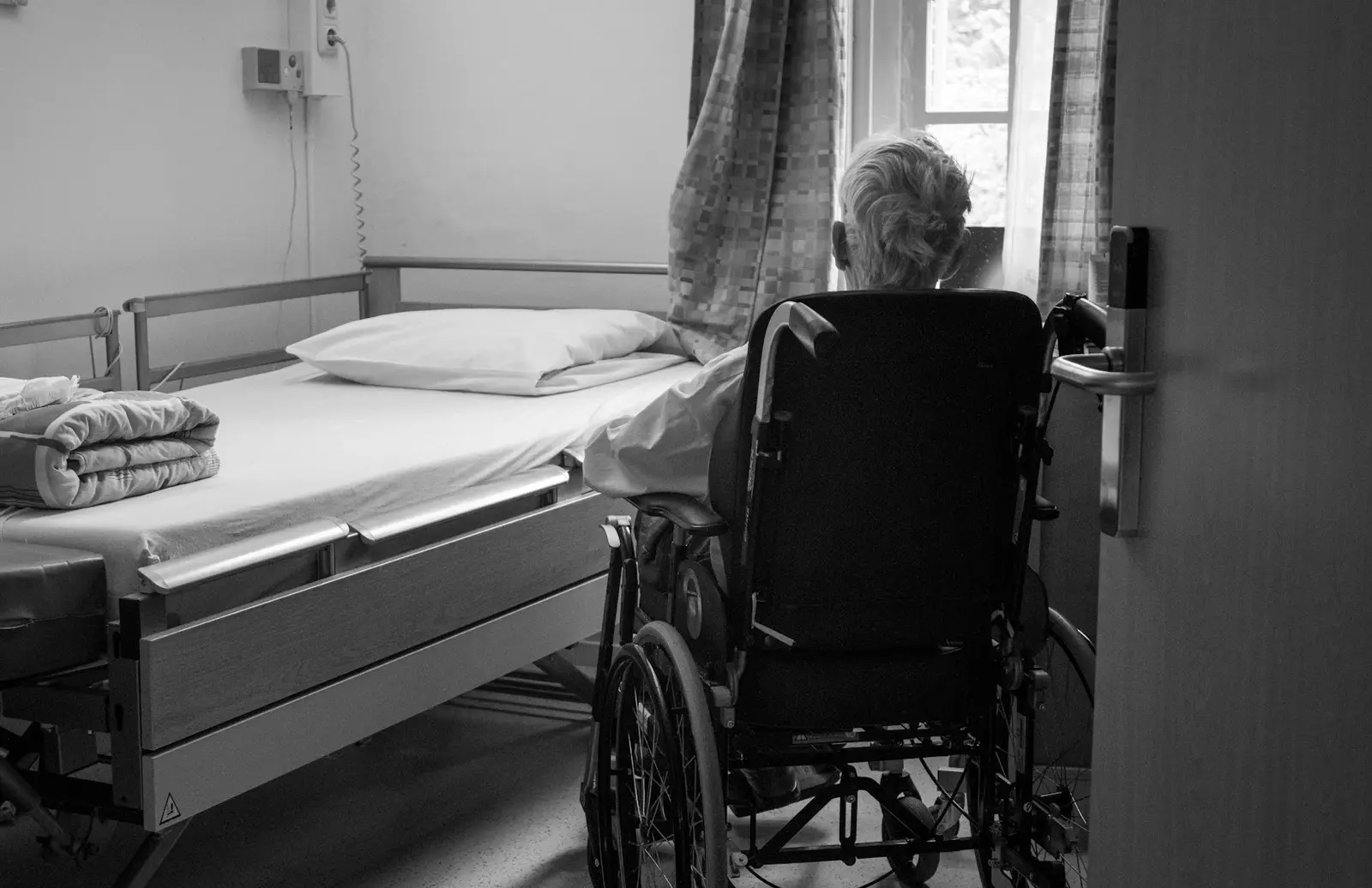What Is Domiciliary Care? A UK Guide (Costs, NHS Support & How It Works)
6-minute read | 17/12/2025

Editorial Contributor

Clinically reviewed by
Bianca Wardle
Domiciliary care, often called home care, is a way for people in the UK to receive support while continuing to live in their own home. It is commonly used by older adults, people with disabilities, and those recovering after illness or hospital discharge.
For some people, short daily visits provide enough support. For others, care needs increase over time, and more continuous care may be required. This guide explains what domiciliary care is, how it works in the UK, how much it costs, and when to consider alternatives such as live-in care.
What is domiciliary care?
Domiciliary care is professional care and support provided in a person’s own home to help with everyday living. This can include help with washing, dressing, meals, medication, mobility, or household tasks.
In the UK, domiciliary care is classed as social care, not healthcare. It is usually arranged through a local council following a care needs assessment or organised privately. Some short-term support may be funded by the NHS, but ongoing domiciliary care is not usually NHS-funded.

What does domiciliary care mean in the UK?
In the UK, domiciliary care refers to regulated care services delivered at home to support independence and wellbeing.
It is:
- Governed by the Care Act 2014 in England, with equivalent legislation in Scotland, Wales and Northern Ireland
- Delivered by trained carers through care agencies or private arrangements
- Regulated by bodies such as the Care Quality Commission
Care is usually provided through scheduled visits, which may range from once a day to several visits spread across the day.
For people exploring different types of home support, Elder also explains how care at home works in more detail.
How does domiciliary care work?
Domiciliary care usually follows a clear process:
- Care needs assessment: A local authority or private provider assesses what support is required. You can read more about care needs assessments and what they involve.
- Care planning: A care plan is created, setting out what help is needed, how often, and at what times.
- Care visits: Carers visit the home at agreed times to provide support.
- Ongoing review: Care is reviewed regularly and adjusted if needs change.
This visit-based approach works well for many people. However, when care needs become more frequent or unpredictable, gaps between visits can become a concern.
If you are unsure whether scheduled care visits would be enough support, it can help to talk through your situation with someone who understands different home care options.
What support can domiciliary care provide?
Domiciliary care can include:
- Personal care such as washing, dressing and toileting
- Help with meals and hydration
- Medication reminders or administration
- Support with mobility and transfers
- Companionship and emotional support
- Help after hospital discharge
- Support for long-term conditions or dementia
If care is needed for memory loss or cognitive decline, you may also find Elder’s guide to dementia care at home helpful.
Is domiciliary care provided by the NHS?
In most cases, no. Long-term domiciliary care is considered social care and is not routinely provided by the NHS.
The NHS may fund short-term or specific types of support, including:
- Reablement care after illness or hospital discharge
- Community nursing or therapy services
- NHS Continuing Healthcare for people with complex medical needs
Elder explains this distinction further in its guide to NHS Continuing Healthcare.
How much does domiciliary care cost in the UK?
The cost of domiciliary care varies depending on location, provider, and level of support needed.
Typical costs include:
- Around £20 to £30 per hour for privately arranged care
- Higher rates in London and the South East
- Possible council contributions following a financial assessment
As care needs increase and visit frequency rises, hourly costs can add up quickly. Elder provides a more detailed breakdown in its guide to home care costs in the UK.
When care needs increase, many families find it helpful to compare the cost of frequent care visits with other ways of receiving support at home.

Who pays for domiciliary care?
Domiciliary care may be:
- Fully or partially funded by the local council after assessment
- Paid for privately by the individual
- Funded by the NHS in limited circumstances
If you are unsure how funding works, Elder’s article on paying for care explains the options in more detail.
Who is domiciliary care suitable for?
Domiciliary care is often suitable for people who:
- Need help at specific times of day
- Are largely independent between visits
- Are recovering from illness or surgery
- Want flexible, part-time support
It may be less suitable for people who:
- Need frequent or overnight support
- Are at risk of falls or confusion between visits
- Feel isolated when alone for long periods
In these situations, live-in care can offer a more consistent and reassuring level of support at home.
If safety, overnight support, or companionship are concerns, you may want to learn more about care options that provide ongoing support in the home.
Live-in care allows people to stay in their own home while receiving round-the-clock support, continuity, and companionship. Elder explains how live-in care works and who it may be suitable for.
Key points to remember
- Domiciliary care provides visit-based support at home
- It suits people with lower or predictable care needs
- Costs rise as visit frequency increases
- Live-in care can be a practical alternative for more complex needs
- Both options support independence and remaining at home
If you would like to talk through your care needs or explore whether live-in care could be suitable, Elder’s care specialists are available to offer clear, no-pressure guidance.


